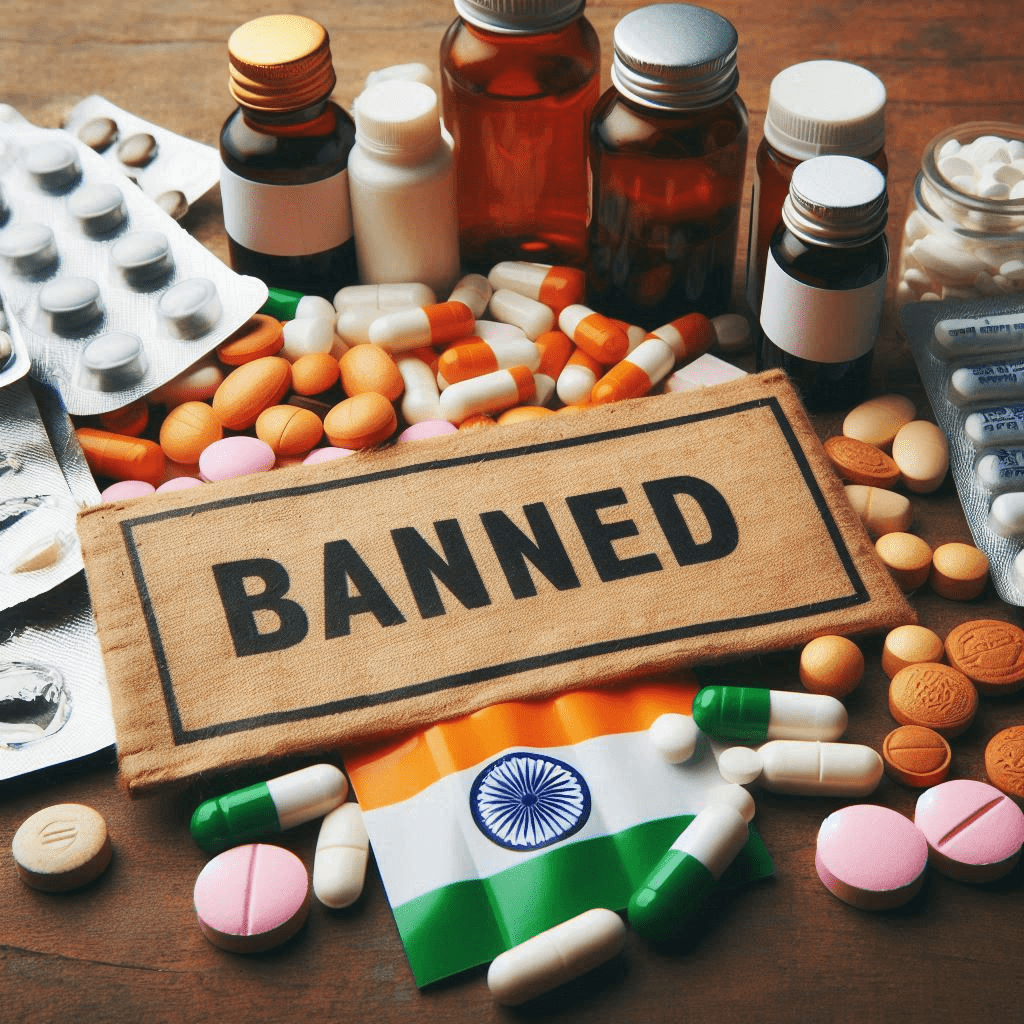To ensure your trip is safe and hassle-free, it’s critical to understand India’s strict laws regarding narcotics and medications. Ignorance can lead to severe consequences, so here’s a clear, practical guide for tourists.
India’s Strict Drug Laws: What You Need to Know
India has zero tolerance for illegal drugs, including marijuana, cocaine, heroin, and other recreational substances. Whether it’s possession, use, sale, or purchase, any involvement with illegal drugs can lead to serious trouble. Here’s what you should know:
- All Recreational Drugs Are Illegal: This includes marijuana, even in small quantities. Unlike some countries where cannabis is decriminalized, India enforces strict bans.
- Harsh Penalties: If caught, you could face imprisonment (ranging from months to years), hefty fines, or deportation. For example, under India’s Narcotic Drugs and Psychotropic Substances (NDPS) Act, even possessing a small amount of an illegal substance can lead to a minimum of six months in jail.
- No Medical Marijuana: Medical marijuana is not legal in India, so don’t expect to access it, even with a prescription from your home country.
Traveler Tip: Avoid any situation involving drugs. If someone offers you a substance, politely decline and walk away. Nightlife spots in cities like Goa or Mumbai can be tempting, but undercover police are active in tourist areas.
Bringing Prescription Medications to India
If you rely on prescription medications, proper planning is essential to avoid issues at customs or during your travels. Follow these steps:
- Carry Original Packaging: Always bring medications in their original, labeled containers. Loose pills in unmarked bags or containers can raise suspicion.
- Bring a Doctor’s Note/Prescription: Carry a signed letter from your doctor detailing your medical condition, the prescribed medication, and the required dosage. This is especially important for controlled substances like painkillers or anti-anxiety medications.
- Limit Quantities: Only bring the amount you need for your trip, plus a small buffer for unexpected delays. Customs officials may question excessive quantities.
- Check Restricted Medications: Some medications legal in your home country may be restricted in India. For example, certain painkillers or psychotropic drugs are tightly regulated. Contact the Indian embassy or consulate before traveling to confirm.
Traveler Tip: Keep your medications in your carry-on luggage to avoid loss during transit. Also, scan or photocopy your doctor’s note and store it digitally as a backup.
What to Do If You Need Medication in India
Running out of medication or needing a new prescription during your trip? Here’s how to handle it safely:
- Visit a Registered Doctor: India has a robust healthcare system, especially in cities like Delhi, Mumbai, Bangalore, and Chennai. Visit a licensed doctor at a reputable hospital or clinic to get a prescription. Pharmacies in India require a prescription for controlled medications.
- Use Reputable Pharmacies: Stick to well-known pharmacy chains like Apollo Pharmacy, MedPlus, or Guardian Pharmacy. These are widely available in major cities and towns and sell genuine medications.
- Avoid Unlicensed Sellers: Never buy medications from street vendors or unlicensed shops, especially in tourist-heavy areas like Rishikesh or Varanasi. Counterfeit, expired, or unsafe drugs are a risk and could harm your health.
Traveler Tip: If you’re traveling to rural areas, stock up on medications in a major city beforehand, as pharmacies in smaller towns may have limited stock. For example, Leh in Ladakh or remote villages in Himachal Pradesh may not have easy access to specialized medications.
Practical Advice for a Safe Trip
- Research Before You Go: Check the Narcotics Control Bureau of India website for the latest information on drug laws and restricted substances.
- Consult the Indian Embassy: If you’re unsure about your medications or India’s regulations, contact the Indian embassy or consulate in your home country well before your trip.
- Stay Cautious in Tourist Hotspots: Popular destinations like Goa, Manali, or Pushkar are known for vibrant nightlife, but they’re also closely monitored by authorities. Avoid any offers of drugs or substances.
- Emergency Contacts: Save the contact details of your country’s embassy in India and local emergency numbers (e.g., 100 for police, 108 for medical emergencies) in case of trouble.
Traveler Tip: If you’re attending festivals like Holi or music events, be extra vigilant. Authorities often increase patrols during these times to curb drug-related activities.
Categories :


